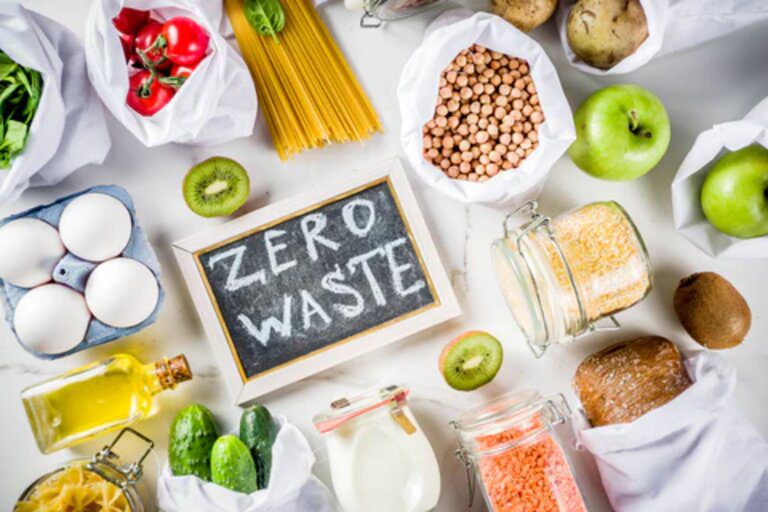
What Is The Best Way To Reduce Food Waste
In a world where one-third of all food produced ends up in waste, effective ways to reduce food waste have become a pressing issue for individuals, businesses and governments.
A Surprising Solution For Reducing our Food Waste:
Here’s are some methods that we can use reducing our food waste.
1.Embrace Meal Planning and Smart Shopping:
One of the most effective ways to reduce food waste starts at home, with thoughtful meal planning and mindful purchasing habits. Before going to the grocery store, list what you have and plan your meals with the ingredients you need to use. Make a shopping list and stick to it to avoid immediate purchases that could go unused. One of the most effective ways to reduce food waste starts at home, with thoughtful meal planning and mindful purchasing habits. Before you go to the grocery store, make a list of what you have and plan your meals with the ingredients you need to use. Make a shopping list and stick to it to avoid immediate purchases that could go unused.
2.Understand Date Labels:
Confusion over “Best Buy,” “Use By,” and “Sell By” date labels causes many consumers to abandon very safe foods. Teach yourself and your family what these labels mean; They often mean quality rather than safety. Trust your senses 1-3smell and taste before deciding to bake food based on date label alone.
3.Proper Storage and Preservation:
Improper storage is a major cause of food waste. Learn the best ways to store different produce, dairy, and leftovers for maximum freshness. Invest in proper storage containers, use airtight bags, and consider freezing items that are not in immediate use. Preservation methods such as pickling, fermenting, and canning can also prolong the shelf life of perishable foods.
4.Serve Sensible Portions:
Restaurants and homes often have more than we need. Be mindful of the number of servings when cooking and serving, and encourage smaller portions that you can choose from in seconds. This reduces plate waste and encourages more efficient use of resources.
5.Support Food Rescue and Donation Efforts:
Instead of throwing away excess food, consider donating it to food banks, shelters, or community organizations that redistribute food to those in need. Many companies also partner with food rescue programs to deliver excess food from landfills to people who can use it.
6.Rescuing ‘imperfect’ fruit and veg
Unprocessed or contaminated fruits and vegetables are often rejected by supermarkets, even if they are perfectly edible.
In Australia, however, these unregulated perishables now take the form of discounted ‘imperfect’ order boxes of fruit and vegetables delivered to consumers.
Australia produces 7.6 million tonnes of food waste each year, so using certain ‘nasty’ foods helps reduce water and land use and prevent unnecessary greenhouse gas emissions.
7.Educate and Spread Awareness:
Raise awareness of food waste in your community, workplace and lifestyle. Encourage others to adopt these practices and share tips for reducing food waste through social media, community forums, or community forums.
Reducing food waste is a collective effort that requires changes in behavior, policy, and infrastructure. By implementing these practical strategies in our daily lives and advocating for broader systemic changes, we can all contribute to a more sustainable and equitable food system for future generations. Together, we can make a significant difference in reducing food waste and its environmental impact.